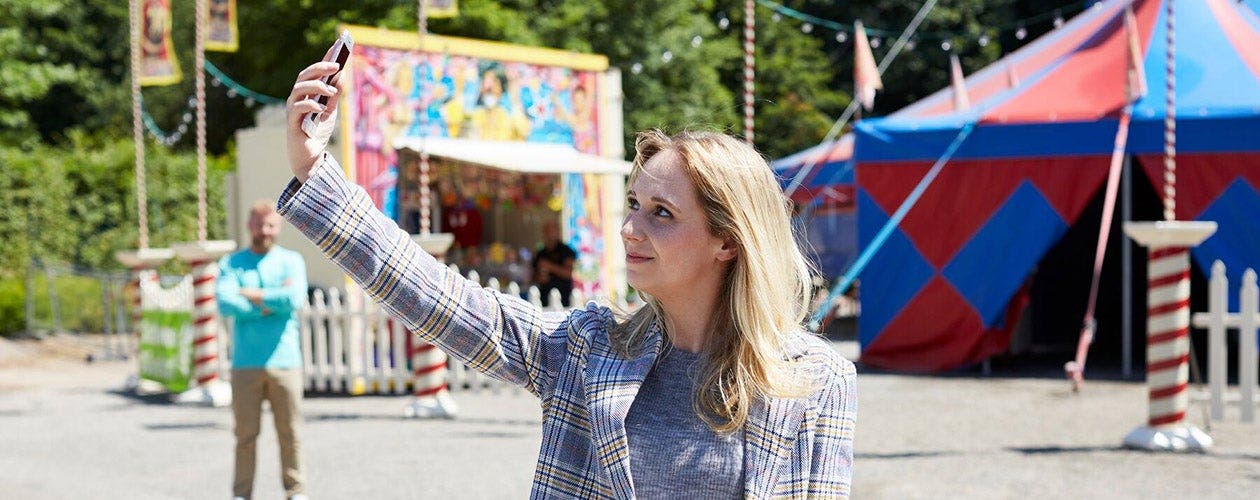5 tips to balance social media and mental health


Love scrolling through Instagram? Can’t live without Snapchat?
“After food and shelter, social connection is our greatest need from birth to death,” says Emma Seppala, PhD, codirector of the Yale College Emotional Intelligence Project at Yale University and author of The Happiness Track.
But lately, some of us seem to have evolved from social creatures into social media fiends. We still desire connection, but these days we’re as likely to give someone a “like” as we are a hug (or a wave, in the current climate).
Social media is one of the primary ways we stay connected, and it can be a great outlet to share and keep up with friends & family. However, too much can also be damaging. In fact, research published in 2018 suggests that limiting time spent on social media could significantly reduce feelings of loneliness and depression.
Here’s how to manage your feeds with consideration for your own mental health, and the mental wellbeing of others.
1. Limit your posts
Even if you accomplish 100 amazing things today, you probably shouldn’t post 100 times. People use social media to check in on all their friends, not just you. So instead of flooding their feeds with all your great accomplishments, spread the news out over the course of a few days and weeks.
2. Be compassionate
Helping others has the potential to make us feel happier, Seppala says. “Follow pages that foster compassion or people who post uplifting messages,” she suggests. “Then make it a point to send friends nice comments.” Whether you send an encouraging emoji or write them a heartfelt message, your positivity could be contagious.
3. Take a break
It’s tough to argue that we’ve become somewhat dependent on our phones, so here’s a challenge: how about going a day without posting or checking social media? Use the time you get back to do something productive, try something new or see friends.
“When Facebook, Twitter, or Instagram becomes a substitute for in-person relationships, and the bulk of your social interactions move to the virtual world, that’s when people may become lonely or depressed,” says Andrew Lepp, PhD, associate professor and new media behavioural researcher at Kent State University.
4. Be proud but don’t “smoast”
Smoast = boasting on social media. Having accomplishments and achieving goals is incredible, and whenever you do hit a personal milestone, you should always be proud. But when you post an accomplishment on social media, try not to “smoast”. Instead, why not aim to inspire others with your achievements?
5. Find inspiration you can use IRL (in real life)
Follow people who make you feel good about yourself, and accounts that inspire you to adopt healthy behaviours, such as trying new things and moving more. Being part of a network of physically active people might reinforce the idea that exercise is a rewarding, positive behaviour - and that, in turn, may encourage you to work out more, says Lepp.
